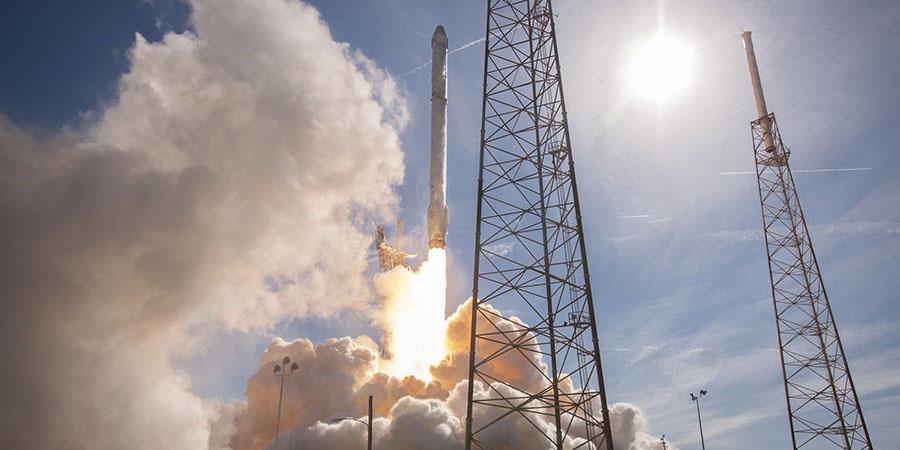SpaceX Gets the Green Light for Broadband Satellite System
Last week, the Federal Communications Commission (FCC) approved the application of Space Exploration Holdings LLC’s proposal to provide broadband satellite services to the United States. The company, known as SpaceX will build, deploy and manage a nongeostationary orbit (NGSO) system of 4,425 satellites. SpaceX’s proposed global fixed-satellite service (FSS) was authorized to operate in the Ka (20/30 GHz) and Ku (11/14 GHz) frequency bands, according to an FCC statement.
The FCC’s approval allows orbital deployment and operating authority of SpaceX’s system, which the FCC said would increase the availability of high-speed broadband and improve competition in the United States. The FCC confirmed that this was “the first approval of a U.S.-licensed satellite constellation to provide broadband services using a new generation of low-Earth orbit satellite technologies.” The agency also indicated that it has already approved requests from OneWeb, Space Norway and Telesat to expand into the U.S. market, providing Internet access to rural areas—such as Alaska—through the use of satellites.
In outlining the conditions under which SpaceX can operate the new system—basically, adherence to FCC rules and protections of other systems operating under the same frequency bands—FCC Commissioner Jessica Rosenworcel warned that this “next-generation space race” could not grow unchecked, without regulations to replace outdated space-related polices and efforts to prevent collisions of so-called space junk.
“This rush to develop new space opportunities requires new rules,” Rosenworcel stated. “Despite the revolutionary activity in our atmosphere, the regulatory frameworks we rely on to shape these efforts are dated. No one imagined commercial tourism taking hold, no one believed crowd-funded satellites were possible and no one could have conceived of the sheer popularity of space entrepreneurship. Across the board, we need to prepare for the proliferation of satellites in our higher altitudes. As more actors participate in the space industry and as more satellites of smaller size that are harder to track are launched, the frequency of accidents is bound to increase.”
Rosenworcel also wants the FCC to have “a seat at the table” with the National Space Council, which is considering policy related to the commercial space industry. While other agencies and leaders serve on the council—such as the secretaries of State, Defense, Transportation and Homeland Security; the Director of National Intelligence; the Office of Management and Budget; NASA; and the Joint Chiefs of Staff, among others—it is “a glaring omission” not to include the FCC, given its role in licensing of satellite services and its oversight of the airwaves, the commissioner said.





Comments